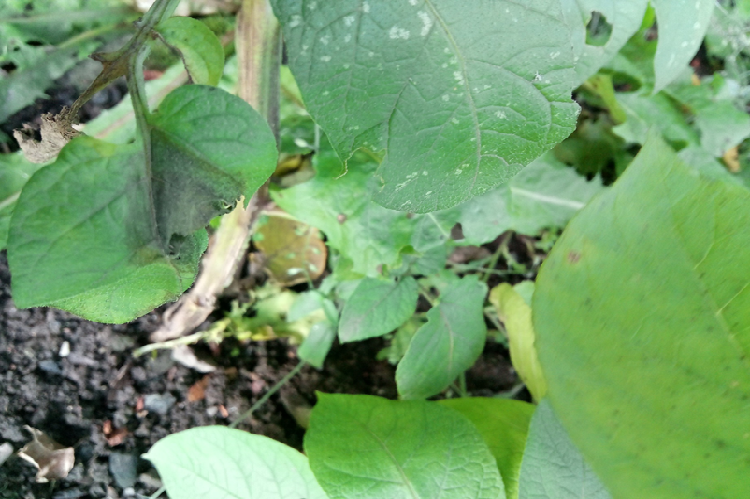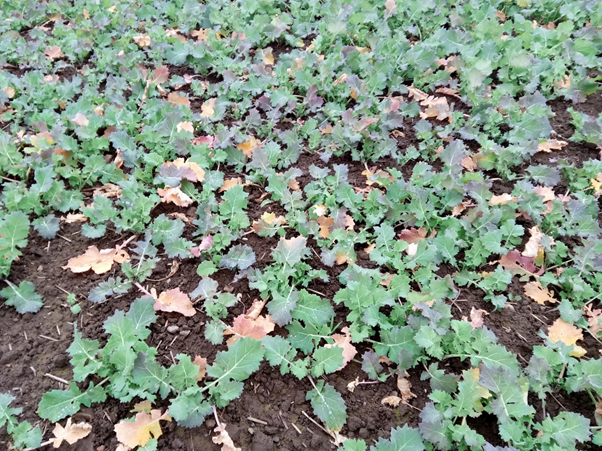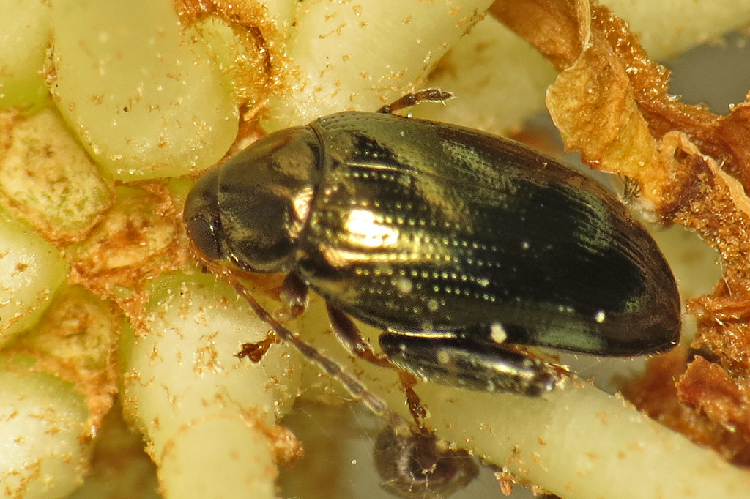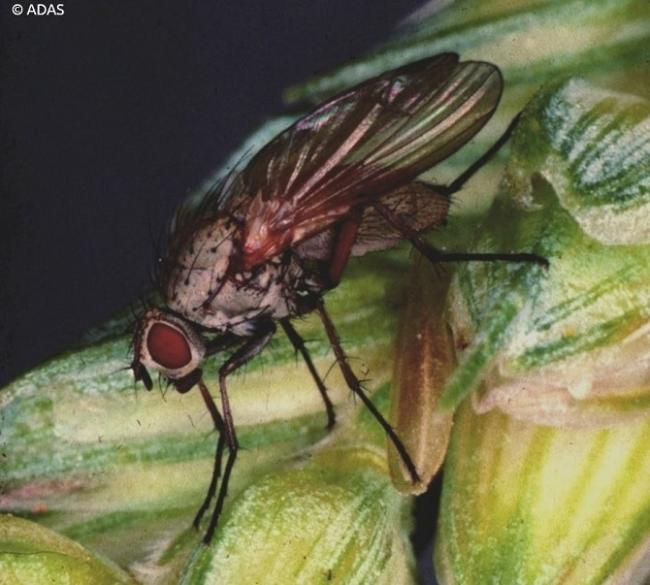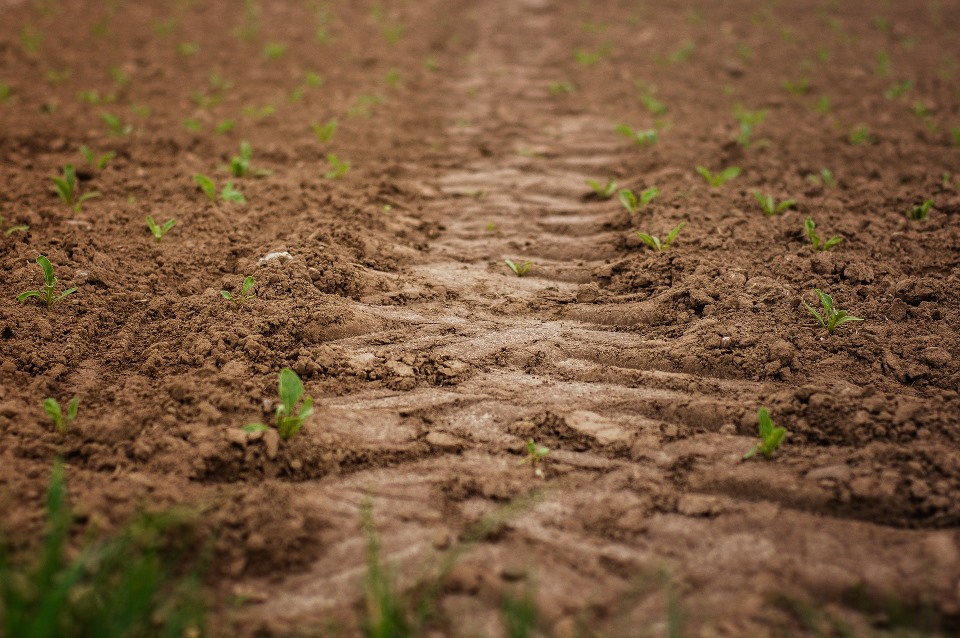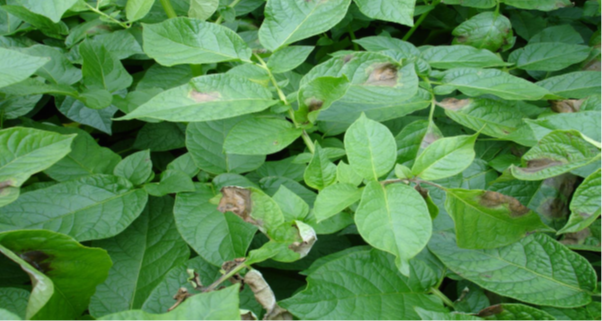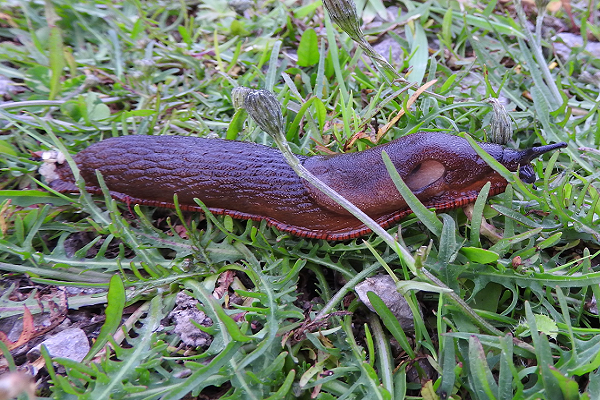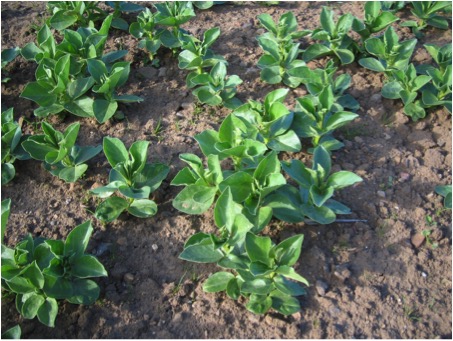Crop Health Updates - September 2019
General Comments
The weather continues to hamper cereal harvests, with a great deal done over the previous weekend before the rains came again mid-week. Cereal yields are reported from below average to very good, although grain is needing to be dried to try and get moisture contents down. Some wheat crops are causing concern as they have gone down and slugs are feeding on the grain. The slow harvest is delaying sowing of winter cereals and some oilseed rape is still in the bag.
Potato blight outbreaks are occurring almost on a daily basis, with 80 in Scottish crops at the time of writing. The appearance of aggressive and fluazinam insensitive strains in Scotland does not bode well for blight management for future potato cropping.
Forewarned Is Forearmed For Potato Pests
The warm wet end to the summer has further fuelled the risk of tuber blight and it is more important than ever to maintain effective fungicide protection until the haulm is completely dead. SRUC trials over many years, together with practical experience, have repeatedly shown that tuber infection can occur even when foliar blight severity is low. The risk of tuber infection is enhanced in wet soils.
Additionally, there is an increasing concern within the potato industry about how much land in Scotland is now infested with potato cysts nematodes. Read more here.
Pest Challenges in Oilseed Rape
Oilseed rape crops have generally emerged well in moist warm soils, despite some being slightly later drilled than is the norm, and the acreage seems broadly similar to previous years. In recent years the number of pest challenges to the crop has increased and the key pests to consider in winter oilseed rape this autumn are flea beetle, cabbage stem flea beetle, peach-potato aphid (and turnip yellows virus – TuYV). Later in the autumn rape winter stem weevil is an additional pest to check for. Slugs are a perennial problem. Read more here.
Harvested Crops -Sept 2019
With a wetter than usual harvest this season, the risk of pests problems flaring up in stored grain in higher than usual, particularly if stores and associated machinery have not a good clean beforehand. With many cereals being harvested at higher moisture contents than preferred, driers will be active this season, and grain needs to be 14% moisture content or less to prevent pests from breeding. Read more here.
Pests in Winter Wheat - Sept 2019
Wheat bulb flies will be laying eggs through to late September. Growers are strongly advised to consider an assessment of egg numbers from early-September in fields planned for wheat, particularly in light of the unavailability of chlorpyrifos as an egg hatch treatment which only leaves a seed treatment as a control option. Note that this season is the last chance to use fludioxonil + tefluthrin seed treatment, which can no longer be used after 31st August 2020. Read more here.
Weeds in Winter Oil Seed Rape - Sept 2019
For crops not treated pre-emergence, there are a number of metazachlor-based herbicides that can be applied once the crop has two expanded cotyledons. Generally speaking, formulated mixes are a better option post-emergence than straight metazachlor as they give root or shoot uptake rather than only the root uptake with straight metazachlor. Read more here.
Blight Risk Update - Sept 2019
Unsurprisingly, there has been a surge in the number of late blight outbreaks across Scotland. So far the Fight against Blight service has 80 reports of outbreaks in Scotland, this is a larger figure than the end of season totals for recent years. Read more here.
Slugs - Sept 2019
Slug damage is already being noted in those winter oilseed rape crops peeping through the ground and wheat will also be on the slugs’ hit list. In oilseed rape, the germinating crop needs to be protected from slug damage up until the 4-leaf stage. One approach to reducing the risk of slug damage to wheat is to provide a fine, firm seedbed for this autumns’ crop. Soil cultivation can reduce the risk of slug damage, as can deeper sowing of the seed (3-4 cm). Read more here.
Winter beans - pre-emergence weed control
Weed pressure in winter beans tends to be low due to the later sowing date when fewer weeds germinate. However, beans are sown at a very low seed rate so there is plenty of room for any weeds that do germinate to develop into a problem. Volunteer cereals can need controlling, and on farms that have brome or black-grass, winter beans give an excellent opportunity to try to prevent seed return of these problem weeds for one year at least. Read more here.
Sign up to the FAS newsletter
Receive updates on news, events and publications from Scotland’s Farm Advisory Service

